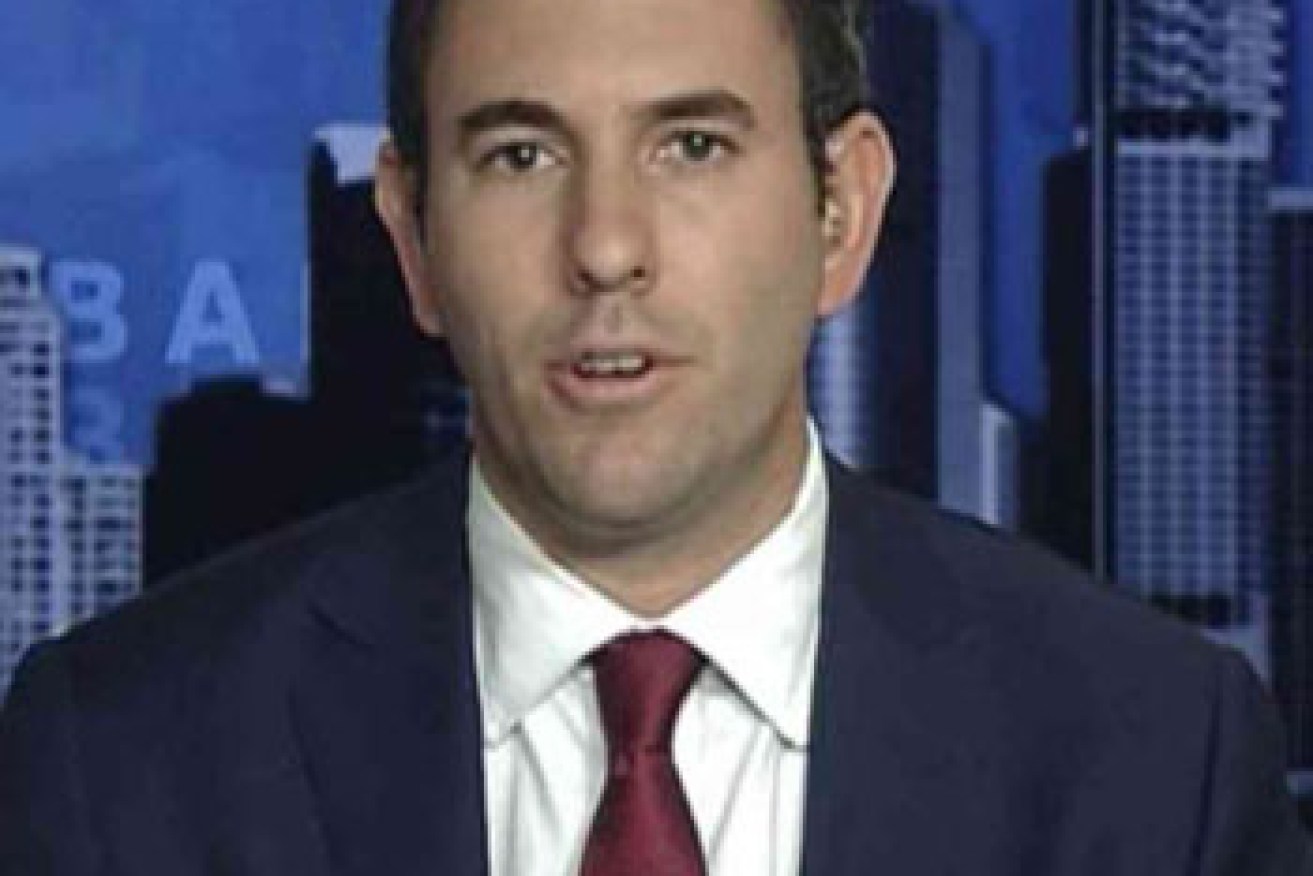Government’s ‘ideological crusade’ on superannuation


ABC
A move by the federal government to scrap long-standing provisions enabling employers and unions to provide default superannuation funds to workers was “strange” and possibly ideologically-driven, according to industry experts opposed to the move.
Industry Super Australia CEO David Whiteley said he was “surprised” by the government’s latest move against not-for-profit superannuation and suggested it might be at the behest of major banks who have consistently lobbied conservatives for a bigger slice of the $2 trillion superannuation industry.
• Senators ditch superannuation reforms
• Cutting down on drinking can boost your super balance
• Low-income workers win in super reform plan
He was critical of the lack of consultation around the latest moves, “announced” on Monday in The Australian.
“They [the banks] have lobbied to try and remove consumer protections for people who needed financial advice, they want to change the structure of the industry super fund model, and lobby to remove any protections of anyone who doesn’t choose their own funds,” Mr Whiteley told The New Daily.
“Obviously they (the banks) are backing this move which raises concerns that their purpose of lobbying is to improve their commercial position.
“This forces the government to give confidence to the public that they are not in any way acting in a manner that could be perceived as ideological.”

The Industry Super Australia chief said the government was setting its own priorities. Photo: ABC
His comments follow reports that the government is tipped to introduce legislation to the Senate which will remove part of the industrial relations regime that allows employers and unions the right to nominate default superannuation providers.
The Coalition said it was providing workers with greater choice.
But Mr Whiteley said there were other things the Coalition could be doing to benefit a greater number of Australians – like removing superannuation tax concessions for the wealthy – rather than attack default fund provisions.
He said the Coalition had not yet informed the industry or the public about the details of its latest proposal – but the big banks, who own the retail super funds, were already backing it.
“Before any changes to the architecture are made we would assume what the government will do is review the exemptions put in place by the previous Coalition government, led by John Howard, and see if they are relevant today. Then the super industry and the public can assess the government’s proposal,” Mr Whiteley said.
“But they haven’t done that.
“To not go through the methodical process does give rise to the perception this may have some underpinning ideology to it.”
Mr Whiteley said the “big ticket” items that the government should be focusing on – especially in an election year – was getting the tax system right to ensure women were getting a fair share of tax concessions and recognising how to invest the $2 trillion super pool wisely.
“It’s clear the government is setting its own priorities,” he said.
The Coalition’s proposal would open up the opportunity for big banks to have a share in the pie, which was “concerning”, Mr Whiteley said.

Mr Chalmers said there were ways to make super fairer – but this proposal wasn’t one of them.
Assistant Treasurer Kelly O’Dwyer denied any ideological agenda. She said the move would allow workers to choose where their super was paid.
“It is simply not correct to say this is aimed at any particular part of the industry – this is about getting choice for individuals so they can maximise their retirement income,” Ms O’Dwyer told reporters in Hobart on Monday.
“We think that everyone should have a choice about where their money goes – after all, it’s their superannuation, it’s their retirement.
“That money should be provided to a fund of their choice.”
Ms O’Dwyer said a government analysis indicated that 26 per cent of enterprise bargaining agreements handed employees no choice of fund, while another five per cent gave workers limited choice.
The move is one of several measures proposed by the Coalition as part of an overhaul of the superannuation industry – which have prompted a retaliation from the Opposition, unions and industry insiders.
In December, the Coalition failed in its attempt to get legislation through the Senate that required all super funds to employ independent directors.
‘Misguided crusade’
Shadow Financial Services and Superannuation Minister Jim Chalmers accused the government of pursuing a “misguided ideological crusade” to weaken the super system which they’ve never believed in.
“If the government genuinely wanted to improve the superannuation system, they’d focus instead on the tax concessions, they’d focus on the gender gap, they’d focus on inadequacy at the low end and they’d focus on this big and growing problem with non-compliance from employers when it comes to their obligations to employees in the super system,”Mr Chalmers said.
Incentives weren’t right and “we need to find ways to make it fairer”, he said.
“The problem that we’ve got is that the tax incentives in the super system are skewed towards those who need them least,” Mr Chalmers said.
“As it stands, 38 per cent of the benefits of the tax concessions in super flow to the wealthiest 10 per cent of people in the system – that’s a problem.”









